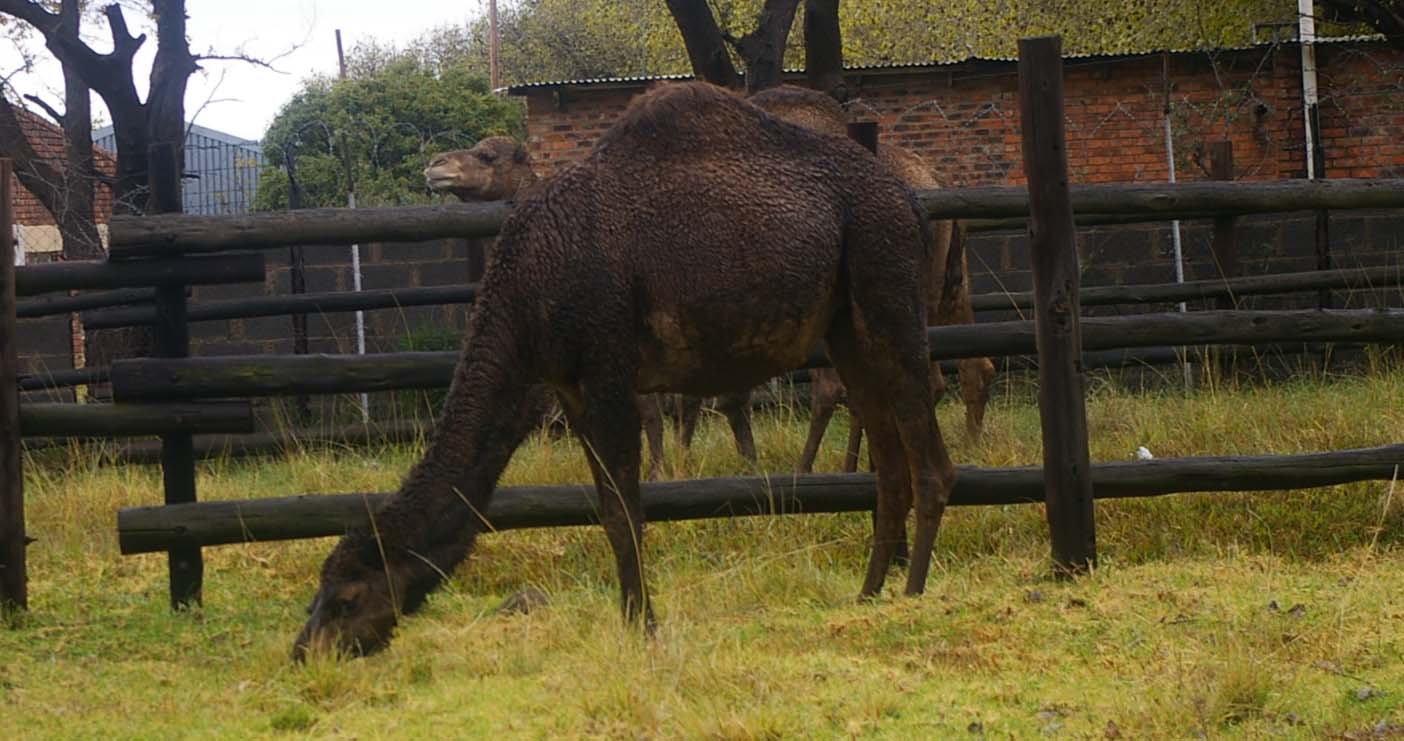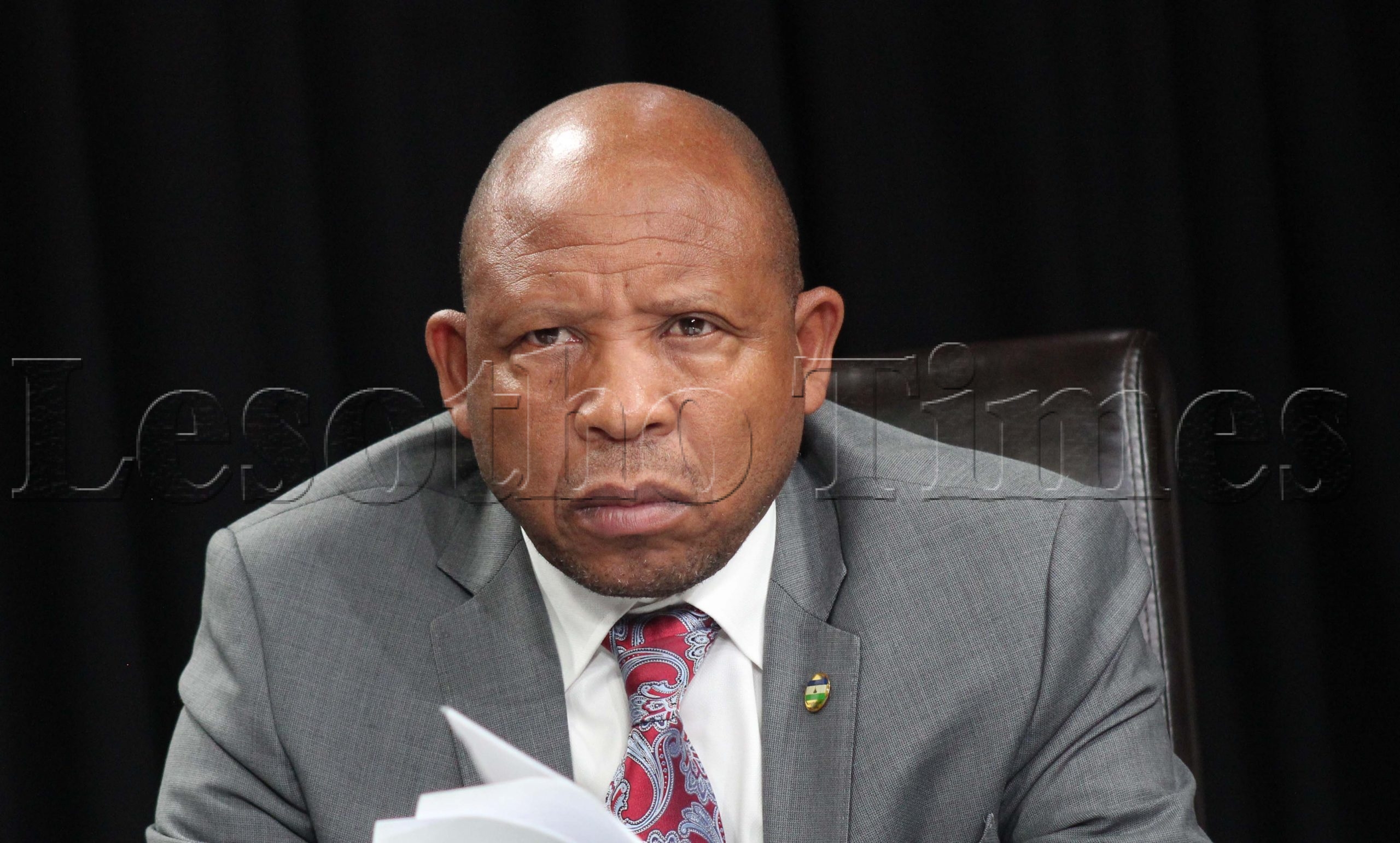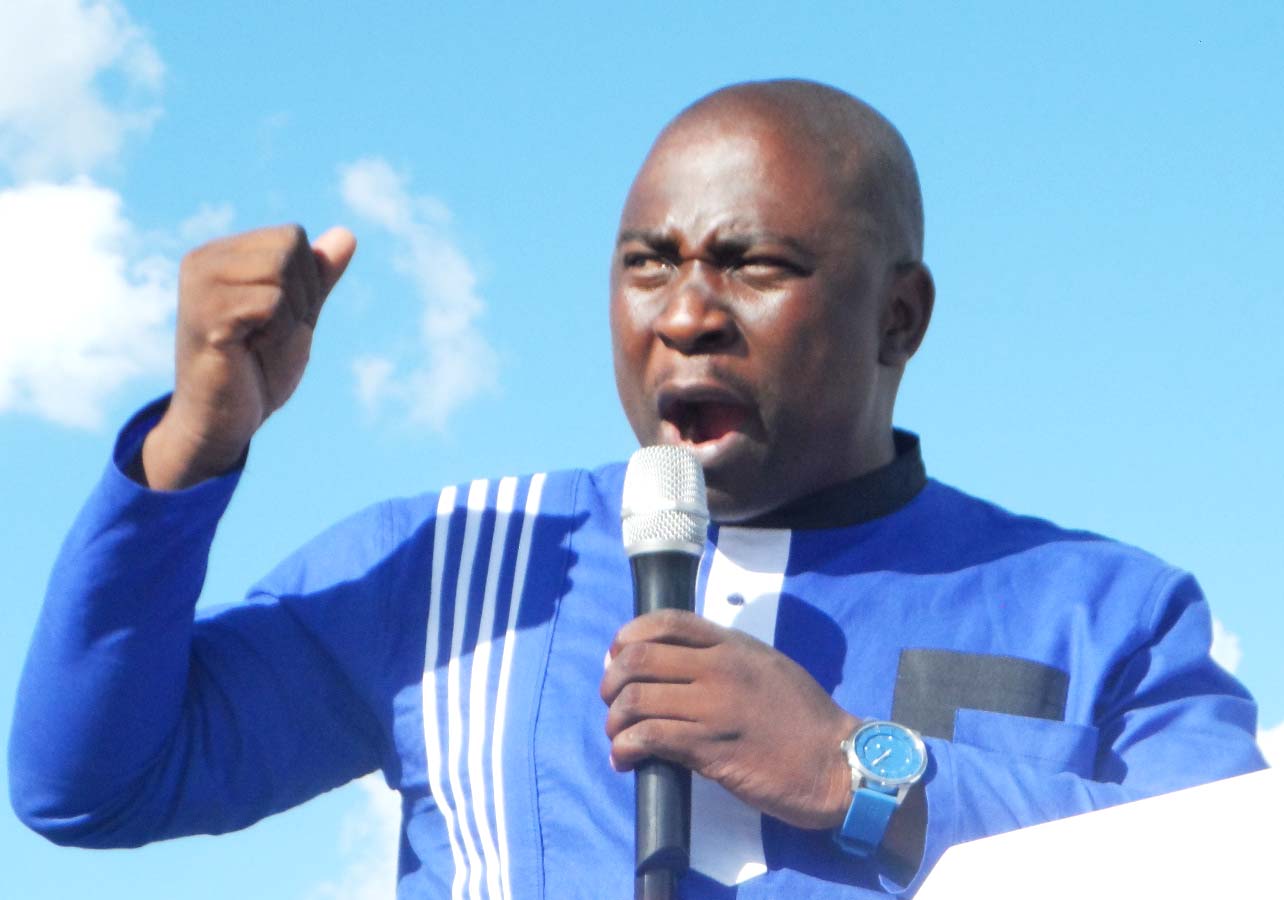
Vice-President for Policy and Evaluation of the Millennium Challenge Corporation (MCC) Beth Tritter has written a letter to Finance Minister ‘Mamphono Khaketla expressing concern over “the rule of law and accountability issues” in Lesotho as well as Prime Minister Pakalitha Mosisili’s recent admonition of the United States government.
According to Ms Tritter, these and “other developments” would be taken into consideration later this year when the MCC decides if Lesotho should be awarded a second Compact.
The MCC is a bilateral American foreign aid agency established by Congress in 2004, with countries expected to meet certain conditions such as good governance and respect for the rule of law to qualify.
The MCC and Lesotho signed the first five-year $362.6 million Compact in 2007 in an effort to reduce poverty and increase economic growth in the impoverished Kingdom, which largely depends on the donor community for survival.
The Compact, which came into force in September 2008, focused on improving the provision of water supplies for both industrial and domestic use, improving health outcomes and removing barriers to foreign and local private sector investment. The Americans lavished praise on Lesotho for the way it had implemented the programme, and the country was hoping to qualify for a second Compact.
However, according to Ms Tritter’s correspondence dated 15 June 2015, unless Lesotho accounts for the political and security unrest rocking the country—and explains Dr Mosisili’s declaration of 8 June 2015 in Maseru that foreigners have no business meddling in the country’s internal affairs—then the Kingdom might as well forget about the second Compact.
Ms Tritter’s statement to Dr Khaketla reads: “While we have not yet had the pleasure of meeting, I am writing to follow up on previous conversations you had with the Millennium Challenge Corporation in Washington on 16 April 2015, and again in Maseru with my colleague, Deputy Vice-President Jonathan Bloom on 15 May 2015, and in light of Prime Minister Mosisili’s statement from 8 June 2015.
“The MCC appreciates the close partnership it has shared with Lesotho, including the successful completion of a first Compact and on-going efforts to develop a second Compact. The MCC’s partnership with Lesotho is founded on mutual commitment to good governance, which includes accountability and respect for the rule of law. These values are fundamental to the MCC, and are an essential foundation for successful investments that will drive economic growth.
“As MCC’s Deputy Vice-President Jonathan Bloom shared with you in May 2015, we continue to be concerned over the rule of law and accountability issues in Lesotho. While we recognise several government officials have spoken on some of these issues, both publicly and privately, there are some concerns which remain unaddressed”.
Ms Tritter then highlights some of the “accountability” issues which the American government is concerned about, among them the Lesotho Defence Force (LDF) attack on three key police stations on 30 August 2014, which resulted in the death of a senior police officer. The prime minister at the time, Dr Thomas Thabane, called the attack a coup attempt after fleeing the country for South Africa on the eve of the onslaught which left many Basotho and development partners rattled.
Dr Thabane, who was replaced by Dr Mosisili after the 28 February 2015 snap elections, accused Lesotho Defence Force (LDF) commander of being behind the attempted coup. The All Basotho Convention (ABC) leader had sacked Lt Gen Kamoli two days earlier for alleged insubordination—a decision he refused to accept arguing Dr Thabane had not followed due process when advising King Letsie III to remove him from the post.
However, after his return to power in the wake of the February elections which came two years ahead of schedule due to the collapse of the Dr Thabane-led tripartite government because of differences between the leadership, Dr Mosisili restored Lt Gen Kamoli to the helm of the LDF—a decision condemned by the American Embassy in Maseru.
America’s Ambassador to Lesotho, Matthew Harrington, told journalists during a roundtable discussion: “Lesotho has missed an opportunity to set an example and not reinstate one of the most polarising figures from that difficult period as commander of the Lesotho Defence Force.
“There should be accountability regarding the 30 August 2014 incidents as certain facts are not in dispute. Lt Gen Kamoli was dismissed and there was a raid on police stations. During the raid, a police officer died and there has not been any arrest.
“Lt Gen Kamoli is reinstated and there is no punishment for the 30 August incidents. These are incidents that took place while he was still in charge of the LDF. This all sends a message that the country is going backwards and not forward.”
Ms Tritter, in her letter to Dr Khaketla, almost repeats what Ambassador Harrington told the reporters, which elicited Dr Mosisili’s acid response.
“As was similarly expressed in the US Department of State’s statement on 27 May 2015, the MCC remains concerned with the lack of accountability for the August 2014 political unrest and violence between the military and police, and calls for clear enforcement of the rule of law and due process within the defence forces and in the overall security environment.
“As discussed in earlier meetings, we know that these issues are not simple; however, recent events and actions have generated questions about whether Lesotho will act to affirm and demonstrate its key commitment to good governance.
“The MCC’s Chief Executive Officer and Board of Directors, as well as the US Congress, monitor developments in our partner-countries very closely. We anticipate that recent developments in Lesotho will be a subject of discussion as we make decisions on the next steps for developing the second Compact, and at upcoming MCC Board meetings later this month and in September.
“In early December 2015, the MCC Board will formally consider whether the MCC should continue developing a Compact with Lesotho. In making this decision, the Board will scrutinise several factors, including Lesotho’s performance on the MCC’s annual scorecard; sustainability of the first Compact investments and progress on the development of the second Compact; and Lesotho’s continued commitment to good governance, and especially the rule of law and accountability.
“Well in advance of this December meeting, the MCC Board and its stakeholders will seek clear answers on all three fronts. In particular, demonstrable evidence of the steps the government is taking – especially around accountability, due process, and other aspects of the rule of law – will be critical as the MCC Board examines the situation when considering continued eligibility.
“I understand that the new coalition government has included security reform as a core piece of its policy agenda. We look forward to hearing more about this effort. Security sector reform that builds the confidence of the Basotho in their government is critical. The MCC will continue to coordinate closely across the US government on this matter and we look forward to learning more about the measures your government plans to take to ensure these concerns on accountability and rule of law are addressed”.
Dr Mosisili’s spokesperson Motumi Ralejoe yesterday confirmed government’s receipt of Ms Tritter’s communiqué but expressed confidence Lesotho would get the second Compact.
“It is not government’s line of duty to work on the negative; Basotho should be hopeful that Lesotho will get the second Compact.
“The government of Lesotho is open to further negotiations and discussions with the US at all levels to underscore the so-called concerns. Furthermore, we highly appreciate the very important relationship that has existed between the two governments for a very long time. Indeed, we are looking forward to continued partnership with the MCC to better the lives of the people of Lesotho through honest and unbiased assistance,” Mr Ralejoe said.
Contacted yesterday, US Embassy Information Officer Julie McKay said she would send the Lesotho Times a comment on the issue via email. The email had not been received by the time of going to press.








